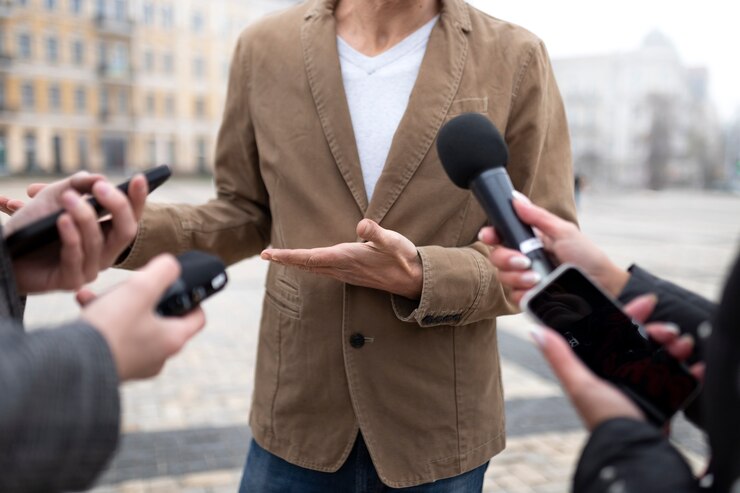In today’s interconnected world, media plays a pivotal role in shaping public opinion and influencing political outcomes.Read More
The media landscape has undergone significant changes over the past few decades. With the rise of the internet and mobile technology, information is now more accessible than ever. This shift has led to the emergence of a 24/7 news cycle where breaking news, opinions, and analysis are constantly available at our fingertips. As a result, the traditional gatekeeping role of journalists has diminished, allowing anyone with internet access to contribute to the public discourse. While this democratization of information has its benefits, it also raises concerns about the quality and accuracy of the content being shared. Misinformation and sensationalism can spread rapidly, leading to distorted perceptions of reality. This phenomenon can sway public opinion in ways that are not always aligned with facts, posing significant challenges for democratic engagement. Social media platforms, in particular, have transformed the way we consume news and interact with political content. On one hand, they provide a space for diverse voices and perspectives, enabling grassroots movements and fostering political engagement. Campaigns like #BlackLivesMatter and #MeToo have gained momentum largely due to social media’s ability to amplify marginalized voices and connect like-minded individuals. On the other hand, social media can also exacerbate polarization and echo chambers, where individuals are exposed only to viewpoints that reinforce their existing beliefs. Algorithms that prioritize engagement over accuracy can lead to the spread of misinformation, fueling divisions within society. Consequently, the public’s understanding of critical issues may become clouded, affecting their political decisions. The influence of media on public opinion becomes especially pronounced during election cycles. Political campaigns leverage media to shape narratives, influence voter perceptions, and mobilize support. Paid advertisements, sponsored content, and social media campaigns are designed to sway public opinion, highlighting specific issues or candidates while downplaying others. Moreover, media coverage of candidates and their platforms can significantly impact voters’ perceptions. Favorable coverage can enhance a candidate’s image, while negative coverage can diminish their appeal. As a result, media outlets hold considerable power in shaping the electoral landscape, which raises questions about bias and objectivity in journalism. The consequences of media influence on public opinion are far-reaching. Elected officials and policymakers often respond to the concerns and sentiments expressed by the public, which are shaped by media narratives. Therefore, the media not only reflects public opinion but also actively contributes to its formation. This dynamic can lead to positive outcomes, such as increased civic engagement and accountability. However, it can also result in negative consequences, such as the entrenchment of misinformation, polarization, and disillusionment with the political process. In conclusion, the media’s influence on public opinion and its political consequences are significant in shaping modern democracies. As consumers of information, it is essential for individuals to critically evaluate the sources and content they engage with. By fostering media literacy and encouraging open dialogue, society can navigate the complexities of media influence and promote a healthier democratic process.The Evolution of Media and Its Impact
Social Media: A Double-Edged Sword
The Role of Media in Elections
The Political Consequences of Media Influence
Conclusion

Media Influence on Public Opinion and Its Political Consequences
In today’s interconnected world, media plays a pivotal role in shaping public opinion and influencing political outcomes.Read More
